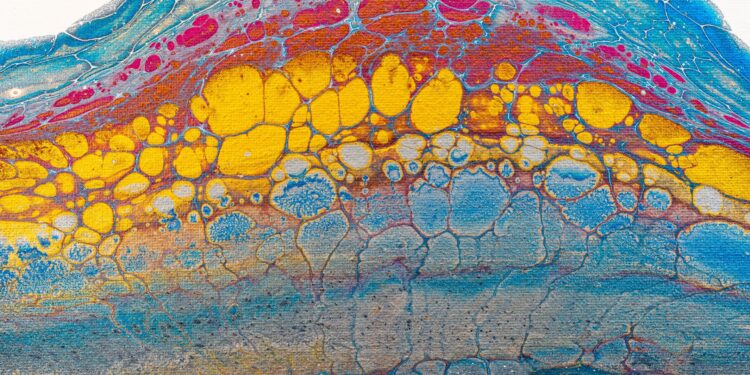Credit: Unsplash/CC0 Public domain
A research paper published in Natural cancer details new information on the role of efferocytosis – the burying of dead cells – in pancreatic cancer that spreads to the liver.
Liver metastases occur in 40% to 50% of people with pancreatic ductal adenosarcoma (PDAC), and there are currently no effective treatments to cure pancreatic cancer patients with liver metastases.
Led by Professor Michael Schmid of the University of Liverpool and colleagues, this study found that PDAC metastases had high levels of immunosuppressive macrophages, a type of white blood cell that promotes tumor growth.
The researchers found that blocking the efferocytosis pathway during early-stage metastasis prevented this immunosuppressive activity of macrophages, thereby restoring T cell activation and reducing metastatic tumor burden.
Lead author of the study, Professor Michael Schmid, said: “In pancreatic cancer, malignant tumor cells often spread to the liver. Our data show that the generation of a supportive metastatic “niche” in the liver is essential for the efficient growth of malignancies. cells at the remote site.
“Our results suggest that a particular type of immune cell orchestrates the formation of the metastatic niche by reprogramming other immune cells, thereby creating an immunocompromised metastatic microenvironment, where malignant cells are able to hide from an anti-tumor immune response. Targeting this particular type of innate immune cells or interfering with their immunosuppressive functions could constitute a promising therapeutic approach for patients with metastatic pancreatic cancer.
First author Dr. Yuliana Astuti added: “Using single-cell technologies, we discovered an underestimated diversity of macrophages in pancreatic cancer liver metastases. We identified that in the liver, metastasis-associated macrophages with opposing functions coexist, some exhibiting immunostimulatory and others immunosuppressive characteristics. .
“Interestingly, further temporal analysis revealed that liver metastasis is accompanied by increased cell death in liver tissues and that engulfment of dead cells acts as a key driver to reprogram macrophages toward an immunosuppressive phenotype. Our study provides proof of principle that tailored targeting of specific macrophages restores tumor immunity and inhibits PDAC metastasis.
Key contributor Professor Ainhoa Mielgo commented: “Pancreatic cancer is a very aggressive type of cancer that often spreads to the liver. We currently have no effective treatment to cure pancreatic cancer patients with liver metastases. These results are truly exciting because they reveal a targetable mechanism. by which pancreatic cancer cells spread and grow in the liver. Our hope and goal now is to translate these findings into the laboratory for the benefit of patients.
“This study is the result of a fantastic collaborative effort between scientists, medical oncologists, surgeons and patients working together to find better treatments for pancreatic cancer patients,” added Professor Schmid.
Led by the University of Liverpool, the study also involved researchers from Cancer Research-UK Scotland Institute, the University of Glasgow and the University of Edinburgh.
More information:
Yuliana Astuti et al, Efferocytosis reprograms the tumor microenvironment to promote liver metastases of pancreatic cancer, Natural cancer (2024). www.nature.com/articles/s43018-024-00731-2
Provided by the University of Liverpool
Quote: Promising new therapeutic approach for the treatment of metastatic pancreatic cancer (February 14, 2024) retrieved on February 14, 2024 from
This document is subject to copyright. Apart from fair use for private study or research purposes, no part may be reproduced without written permission. The content is provided for information only.



